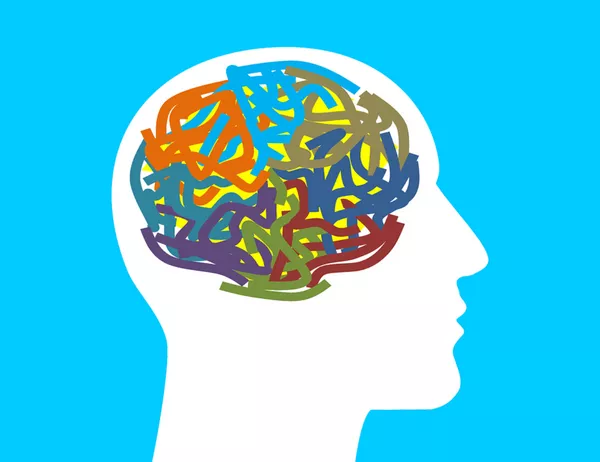A new study from McGill University has revealed that cannabis use is associated with significant brain changes in young adults who are at risk of developing psychosis. The research indicates that cannabis may exacerbate reduced brain connectivity, a condition that could hinder effective treatment options for psychosis.
In this groundbreaking study, researchers observed a notable reduction in synaptic density—the connections between neurons that facilitate communication within the brain—among individuals at risk of psychosis compared to a healthy control group. This research is the first of its kind to measure real-time structural brain changes in a high-risk population.
“Not every cannabis user will develop psychosis, but for some, the risks are high. Our research helps clarify why,” said Dr. Romina Mizrahi, the study’s senior author and a professor in McGill’s Department of Psychiatry. “Cannabis appears to disrupt the brain’s natural processes of refining and pruning synapses, which are essential for healthy brain development.”
The study involved 49 participants aged 16 to 30, including those exhibiting recent psychotic symptoms and individuals deemed at high risk. Findings published in JAMA Psychiatry suggest that lower synaptic density is correlated with symptoms such as social withdrawal and lack of motivation—challenges that current psychosis medications do not adequately address.
“Current medications largely target hallucinations, but they don’t address symptoms that make it difficult to manage social relationships, work, or school,” explained Belen Blasco, the study’s first author and a PhD student in McGill’s Integrated Program in Neuroscience. “By focusing on synaptic density, we may eventually develop therapies that enhance social function and improve quality of life for those affected.”
While cannabis has long been recognized as a risk factor for psychosis, which can lead to schizophrenia, this study marks the first instance of researchers measuring structural brain changes in real-time among a high-risk group.
The next phase of research will investigate whether the identified brain changes can predict the development of psychosis, potentially allowing for earlier intervention and more effective treatment strategies.
The study was conducted at the Douglas Mental Health University Institute and McGill University’s Montreal Neurological Institute-Hospital, with support from the Canadian Institute of Health Research.
Related Topics:
-
Canadian Guidelines Expand Treatment Options For Opioid Use Disorders
-
Retirement Can Enhance Social Connections And, In The Long Run, Reduce Feelings Of Loneliness

